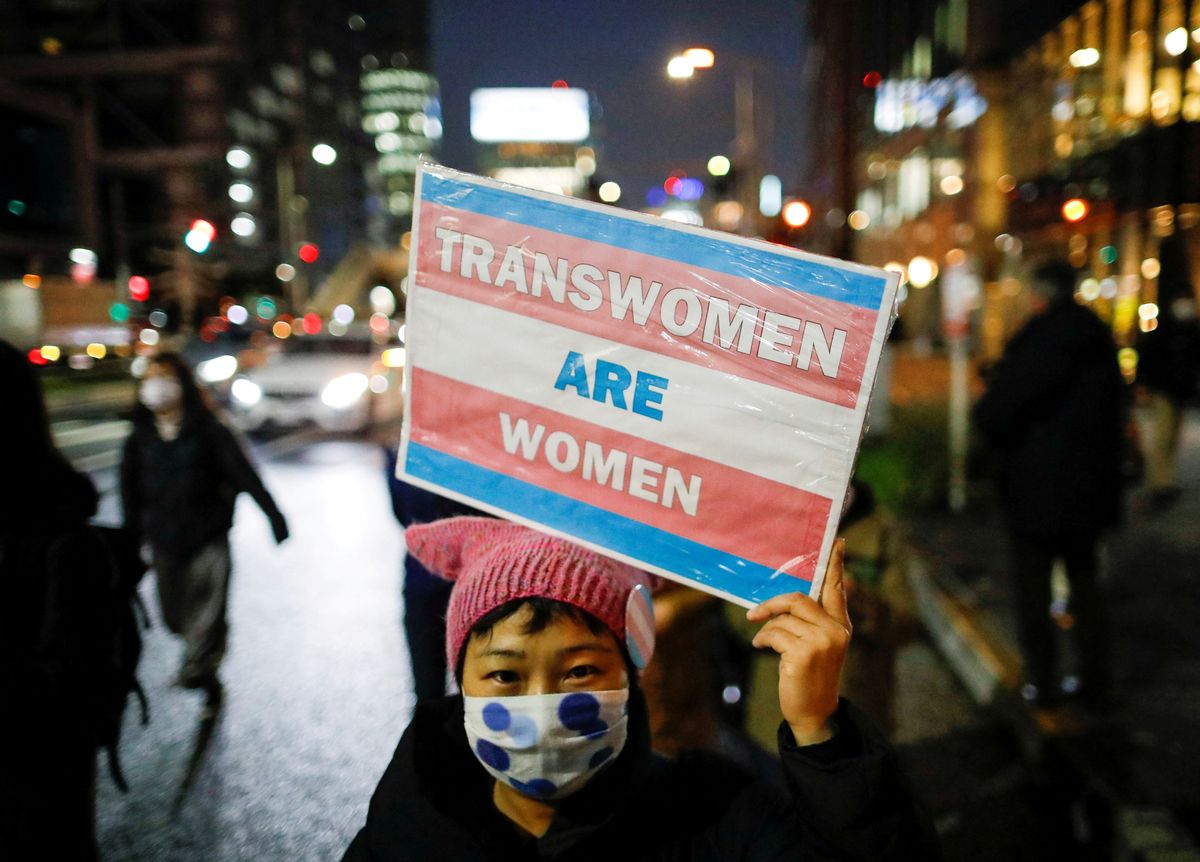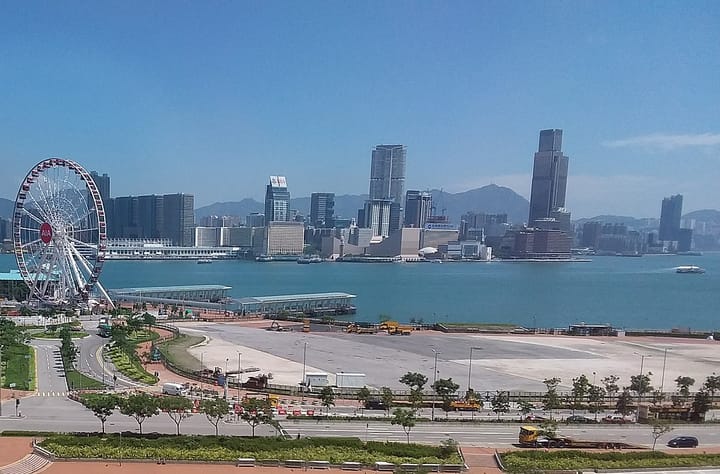Japan’s Supreme Court rules on trans rights in the workplace
Japan’s Supreme Court just made its first-ever ruling on LGBTQ rights in the workplace.

A few minutes every morning is all you need.
Stay up to date on the world's Headlines and Human Stories. It's fun, it's factual, it's fluff-free.
The backstory: While different parts of the world are making progress in understanding and supporting the transgender community, the majority of trans and gender-diverse people face hurdles in their home countries for getting recognition of their gender identities. This can make it harder for them to get appropriate healthcare, housing and employment. Not having this official gender recognition can also make them more likely to face human rights violations, according to the UN’s Office of the High Commissioner for Human Rights.
More recently: Japan has been facing criticism for years for its stance on LGBTQ rights. For example, the country is the only member of the Group of Seven (G7) without same-sex marriage equality. Also, in February, an aide to Prime Minister Fumio Kishida made several anti-LGBTQ remarks, saying that he wouldn’t want to live next to LGBTQ people and that people would flee Japan if the country legalized same-sex marriage. Kishida later fired that aide, calling his comments “outrageous,” but the prime minister has also faced criticism for saying the ban on same-sex marriage in the country isn’t discriminatory.
After that, LGBTQ activists pushed harder to get an anti-discrimination law on the table. In June, the Japanese Parliament passed a law to build awareness of the LGBTQ community, but it didn’t grant them any new legal rights.
The development: Japan’s Supreme Court just made its first-ever ruling on LGBTQ rights in the workplace. On Tuesday, it unanimously ruled that it’s illegal to restrict the bathrooms that transgender people can use at work. The case involved a transgender woman working in Japan’s trade ministry who asked for permission to use the women’s bathrooms but was only allowed to use the men’s bathrooms or women’s bathrooms at least two floors away. In this ruling, the court said that these kinds of toilet restrictions disadvantaged the plaintiff daily, calling them “illegal” and an “abuse of power.” This could set a precedent for future rulings, opening up more rights for trans and other LGBTQ people in Japan.
Key comments:
“(The government decision) significantly lacks validity,” said Judge Yukihiko Imasaki. “Therefore, it is illegal since it is beyond their discretion and is an abuse of their power.”
“All people should have the right to live their lives in society based on their own sexual identities,” the (anonymous) plaintiff said after the ruling. “The significance of that should not be reduced to the usage of toilets or public baths.”
“This was such a ray of hope during such a tough time for L.G.B.T.Q. rights in Japan,” said Fumino Sugiyama, a transgender man and activist in Japan. “I think systems within companies and institutions will definitely change because of this decision,” he added.
“We will carefully examine the ruling and take appropriate measures after consulting with the relevant ministries and agencies,” the trade ministry said in a statement, saying that it would work to respect the diversity of its staff.




Comments ()